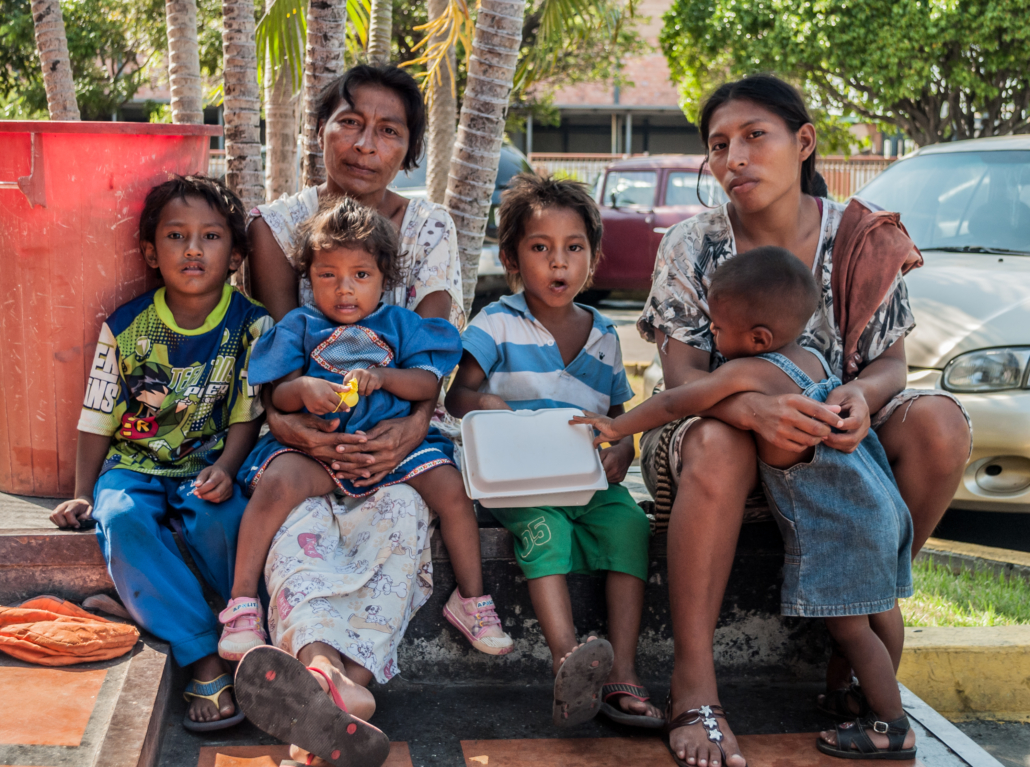How Corruption in Venezuela Causes Poverty

Corruption is one of the leading contributors to poverty around the world. In Latin America, one of the most notorious examples of this dynamic is Venezuela. Ranking at a bleak 14 out of 100 by the 2021 Corruption Perceptions Index – a rank of zero means highly corrupt and 100 means very clean – Venezuela’s notorious misconduct disproportionately impacts the nation’s poor.
The Relationship Between Corruption and Poverty
Corruption interferes with various key objectives of a functional government, such as the “allocation of resources, stabilization of the economy, and redistribution of income.” These objectives influence poverty both directly and indirectly.
According to a study by the International Monetary Fund (IMF), high levels of corruption reduce “economic growth, the progressivity of the tax system, the level and effectiveness of social spending, and the formation of human capital.” This ineffective distribution of wealth results in inequalities in almost all sectors. From education to asset ownership, these ramifications are affecting corrupt nations in all stages of economic development, regardless of their growth experience.
Furthermore, poverty and corruption are interdependent forces: “poverty invites corruption, while corruption deepens poverty.” Corruption is not only a cause of poverty, it prospers in it. Weak political, economic and social institutions allow for the easy exploitation of these systems.
Poor families and economically challenged businesses have few options, particularly when corruption infiltrates all levels of authority. Even small-scale extortion, like roadblocks on farming transport routes or threats of arrest to secure bribes, ensure that the poor stay poor. What is more, in highly corrupt countries, low-level officials often find themselves underpaid, and sometimes beholden to payments to higher authorities. “In such settings, bribery, extortion and theft become matters of survival.”
Corruption in Venezuela
In Venezuela, one can see the consequences of corruption everywhere and has been prominent for years, through various leaders. In 2015, Transparency International released some of its findings concerning the nation’s corruption and subsequent human rights violations.
One investigation uncovered that a state-owned company that imported powdered milk was illegally smuggling it into Colombia, despite a nationwide powdered milk shortage of more than 90%. Both the Venezuelan and Colombian militaries and customs authorities were complicit in smuggling efforts. This powdered milk was to go to underprivileged schoolchildren.
In 2005, the Venezuelan Supreme Court invested about $12 million in the land to build a complex of nearly 300 courts in a ‘Judicial City.’ A decade later, Venezuela has not built any courthouses, and no one has been charged or prosecuted. With millions of dollars gone and nothing to show for it, many wondered where those funds went.
A few years later, $2.24 billion went toward the purchase of more than 1 million tons of food, spearheaded by Petróleos de Venezuela (PDVSA), a state-owned oil and natural gas company that had recently taken over a program that ensures sufficient food to Venezuelans. However, reports show that little more than 25% of the food was received, and of that, “only 14% of the food was distributed to those in need.” While there were calls for investigations, no investigations occurred.
Poverty in Venezuela
Criticism of the conduct of Venezuela’s government has only worsened under the leadership of Nicolás Madura, who has been President since 2013. The 2019-2020 National Survey of Living Conditions (ENCOVI) published research detailing the deteriorating conditions of basic infrastructure, education and the labor market since 2014.
In 2020, the United Nations estimated that 25% of the total population (roughly 7 million Venezuelans) were in dire need of humanitarian assistance in the same year that ENCOVI reported that a staggering 96% of the population lived under the poverty line. Access to water and electricity is consistently declining, and reports are now showing that roughly 90% of the population is without reliable electricity.
Unemployment under Maduro’s regime has skyrocketed, leaving many that worked in the formal sector to turn to alternative sources of income, which has been shown to correspond with a “steep rise in poverty in the country.” What is more, School attendance across the nation has dropped from 12.7 million children to 11 million, as children in impoverished families often opt for work instead of school, only furthering the cycle of poverty.
Conclusion
While corruption in Venezuela is not new, the country has taken some steps to hold officials accountable and counter the effects of corruption on the nation’s poor. Organizations have rallied in an effort to combat corruption around the globe, through initiatives like the Summit for Democracy and USAID’s Combating Transnational Corruption Grand Challenge. It has become clear that interagency and international cooperation are necessary to make the biggest difference.
The Executive Director of Transparencia Venezuela, Mercedes De Freitas, has called for all people to “take responsibility, denounce corruption and demand accountability.” She emphasized that silence allows the corrupt to continue to evade justice, and “only by victims and witnesses denouncing corrupt acts and individuals, is there a chance for…things to change for the better in Venezuela.”
– Carly Ryan Brister
Photo: Wikipedia Commons
